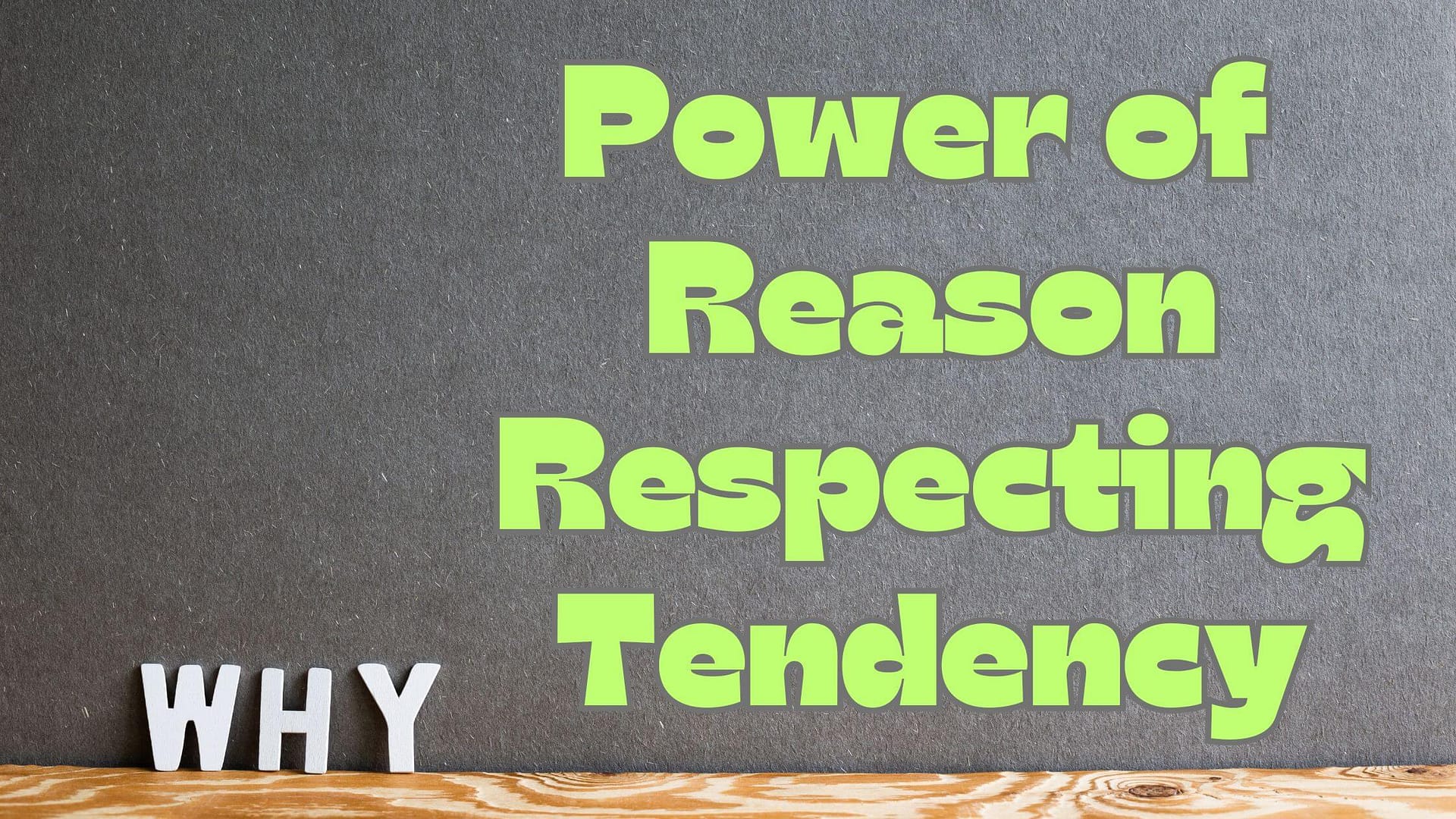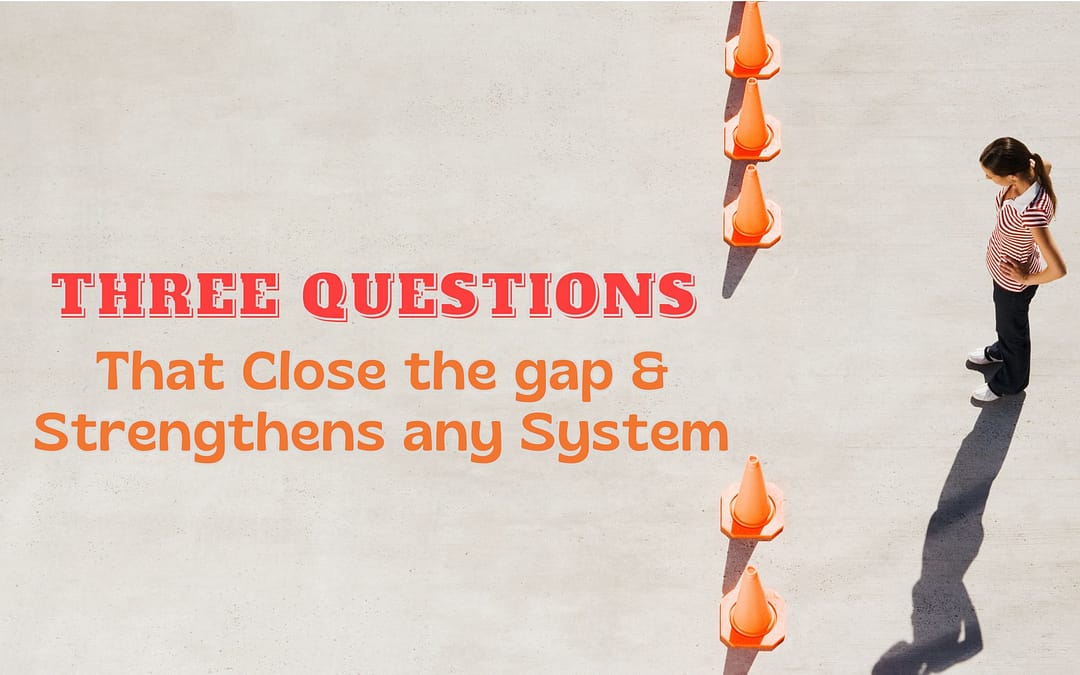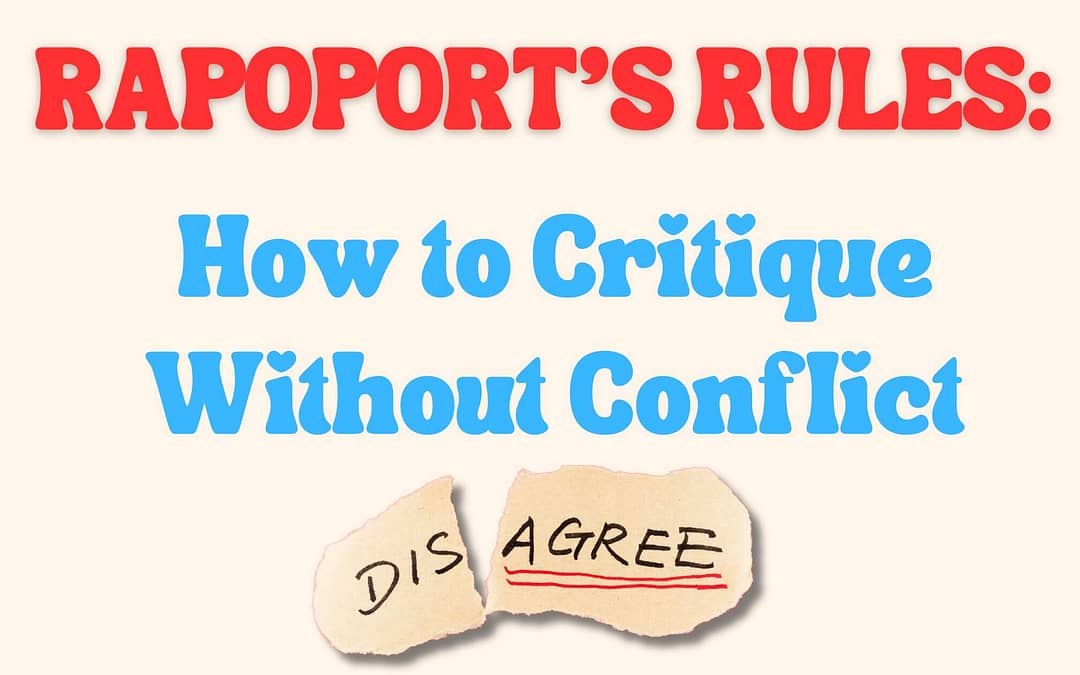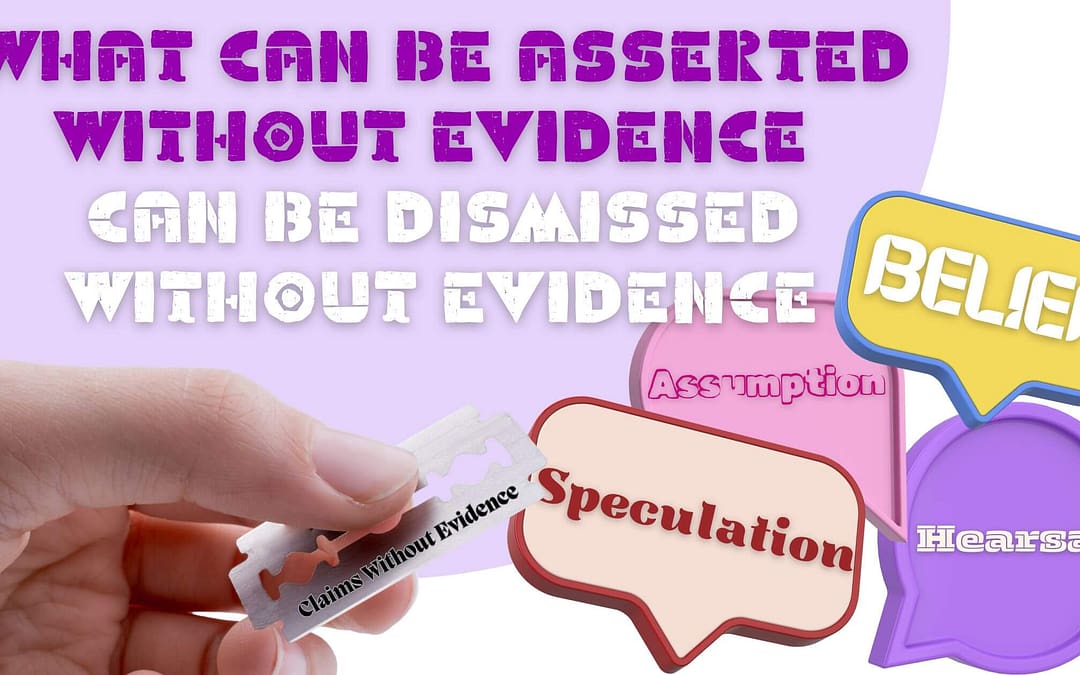A Reason Respecting tendency describes our willingness to accept someone’s reasoning, even when we don’t understand it or disagree with it. It claims what’s most important is not the reason itself but the fact that we are given a reason. This is one of the most impactful cognitive biases because it tends to play on our need for a justification; we always have to have a why.
Understanding this tendency will help you avoid falling for false reasoning and understand the needs of others to know why when you want them to do something.
Reason respecting tendency in learning environments
What is one of the first things a teacher does before beginning a class? They tell you why you need to know what they’re about to teach. If we simply hear that we just have to know it, there won’t be any personal motivation to put the effort in to understand it. This is why most classes begin by giving their students a reason to care about what they’re about to learn.
Outside of classroom environments, you can also use this tendency with your friends and family. For example, if you have children, it’s usually best to give them a reason for why you want them to do or learn something. We’re all guilty of using the “Because I said so” approach, but try your best to give a good reason because it’s more effective that way.
How you can use RRT for a stronger team
The best way to give your team some motivation is by having a why. You can call this a mission statement, goal, milestone, or anything else. The challenging part of giving others a why they can get behind is that people may require romanticized reasoning, especially when the task at hand is simple.
To use the Reason Respecting Tendency to your benefit, you need to understand what it takes for people to get behind something before you try to get them to do it. If you can’t think of a reason for people to get behind what you want them to do, you might want to reconsider the importance of your tasks and whether or not your efforts are better spent elsewhere.
How Reason Respecting can work against you
Daily life is full of Reason Respecting examples. Whenever something happens, people can quickly give their ideas about why it occurred on the news and social media. This is true even if the event has no apparent cause or was completely random. This leads to a lot of twaddling, saying a lot without saying anything of meaning.
It’s ok to ask why; it’s a natural tendency for people everywhere. But we need to be careful in how we satisfy our desire to know the reason behind something so that we can avoid false reasoning in exchange for comfort. It may not feel natural to sit with an unknown, but using a meaningless answer prevents us from finding a real one.
Using Reason Respecting in your favor
If there’s one thing that reason respecting has taught us, it’s that we are willing to do almost anything as long as we have a reason to justify it. The same goes if you’re struggling to find the motivation to do something. You don’t have to lie to yourself to create a reason, but you can always find something you can get behind with enough effort.Using this will make you more productive, and you’ll find that your days are more fulfilling. Keep in mind that having to do something is very different from wanting to do something. The fact that something is an obligation isn’t always enough to make you want to do it. Try to answer the following questions when you’re struggling to motivate yourself and others:
- Why does this matter?
- How is this meaningful?
- How does this benefit me?
- What is interesting about what I’m doing?
- What would happen if I didn’t do this?
The questions can go on, but you can quickly see how this dialogue can help you motivate yourself to do things you wouldn’t normally do on your own.
Accept that there isn’t an answer for everything
In order to not fall victim to our reason respecting tendency, we need to acknowledge that there are just some things we cannot answer. When someone gives an answer to something that doesn’t have a clear explanation, it’s usually to their own benefit. Ultimately, the best way to protect yourself from this cognitive bias is to accept a non-answer as an answer.











